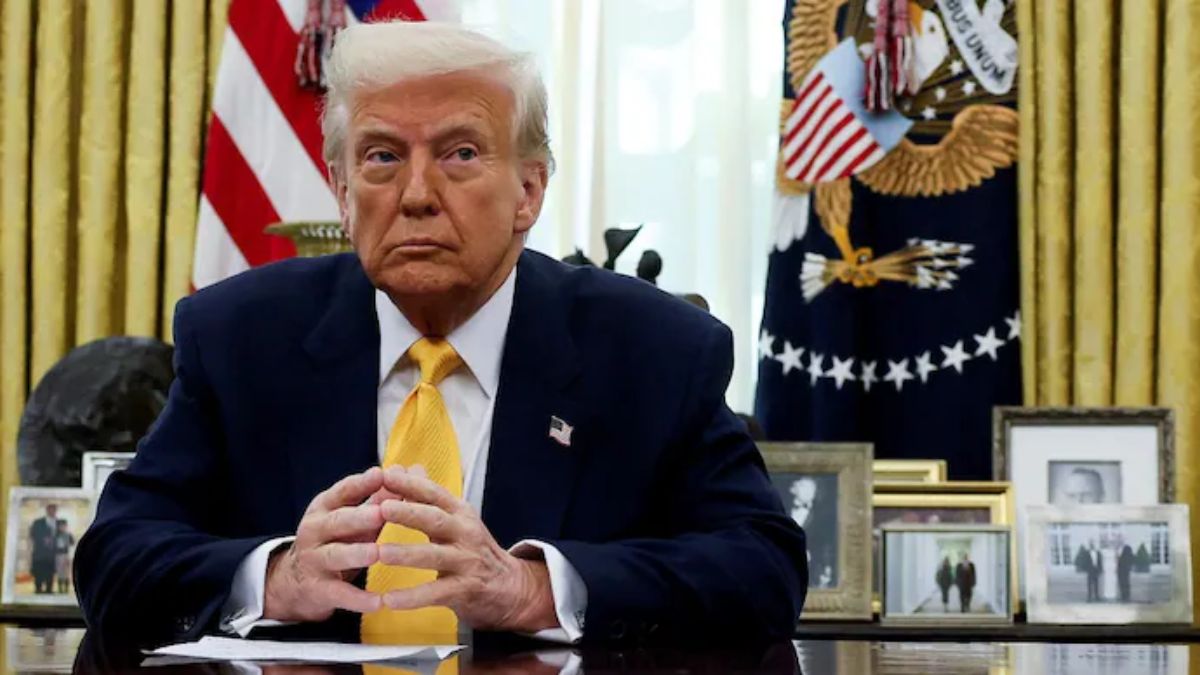US President Donald Trump announced a 25 per cent tariff on auto imports on Wednesday, adding to a list of import tariffs he had previously announced.
The tariffs will take effect on 2 April, with collection beginning on 3 April.
“What we’re going to be doing is a 25 per cent tariff on all cars that are not made in the United States. This will be permanent,” Trump said in the Oval Office. “We start off with a 2.5 per cent base, which is what we’re at, and go to 25 per cent.”
He also emphasised that the plan would promote economic growth. “This will continue to spur growth like you haven’t seen before. But if you build your car in the United States, there is no tariff,” Trump said.
The White House expects the tariffs to generate revenue of $100 billion a year. The White House said this will boost domestic manufacturing, but it may also hurt automakers relying on global supply chains.
There is speculation that the tax hike may raise costs and reduce sales for carmakers. However, Trump emphasised that it will encourage more factories in the US and end what he calls a “ridiculous” supply chain spread across the US, Canada, and Mexico.
To underscore his seriousness, Trump said, “This is permanent.”
On Wednesday, General Motors’ shares fell about 3 per cent, while Ford’s stock saw a small increase. Stellantis, which owns Jeep and Chrysler, saw its shares drop nearly 3.6 per cent.
Impact Shorts
More ShortsTrump has long said that tariffs on auto imports would be a defining policy of his presidency, betting that the costs created by the taxes would cause more production to relocate to the United States while helping to narrow the budget deficit.
But US and foreign automakers have plants around the world to accommodate global sales while also maintaining competitive prices—and it could take years for companies to design, build, and open the new factories that Trump is promising.
If the full tax is passed to buyers, car prices could rise by $12,500, adding to inflation.
Trump regained the White House after losing in 2020, largely because voters trusted him to lower prices. While announcing the tariffs, he proposed a tax break for buyers of American-made cars, allowing them to deduct auto loan interest from federal taxes. However, this would reduce the revenue from tariffs.
The auto tariffs are part of Trump’s broader trade policy. On 2 April, he plans to introduce “reciprocal” taxes matching those imposed by other countries. He has already set a 20 per cent import tax on Chinese goods due to its role in fentanyl production.


)

)
)
)
)
)
)
)
)



